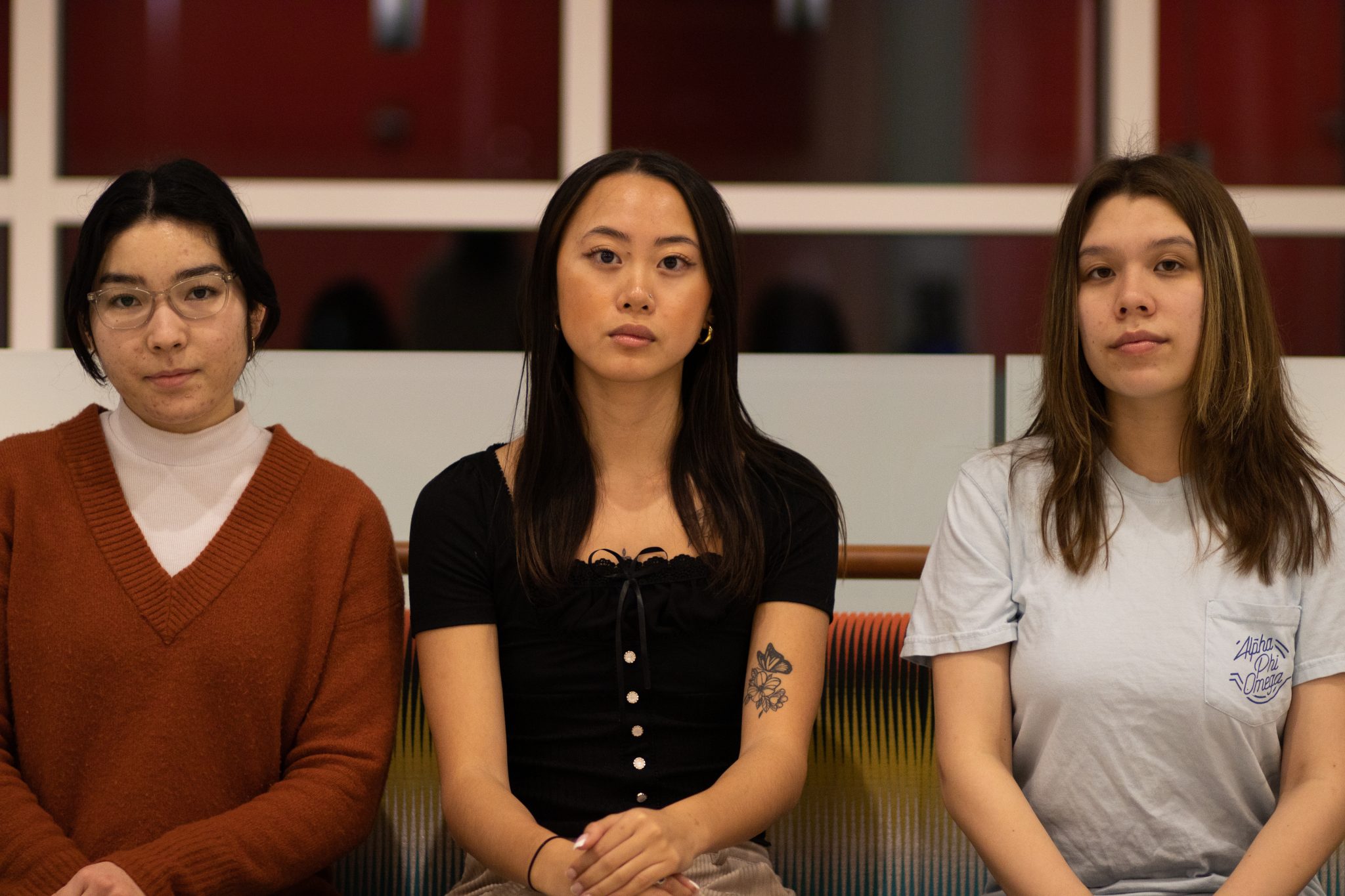Amanda Vu celebrated the Lunar New Year by expressing gratitude for her community and wishing for prosperity in the new year. Those feelings were short lived.
The next day, Vu, a junior community health and psychology major at the University of Maryland, woke up to the news that 11 people were killed in Monterey Park, California, following a Lunar New Year’s Eve celebration. Only two days later, seven more people were killed in Half Moon Bay, California. While she first felt devastated, she later felt numb and overwhelmed.
More than 50 mass shootings have already occurred in the United States this year, according to the Gun Violence Archive. And with an increase in hate incidents against the Asian American and Pacific Islander community from 2020 to 2021, students at this university are trying to navigate tragedies without feeling desensitized to violence.
“I’ve come to process, now, that these shootings are a result of state-enacted violence and living in a white supremacist society that devalues BIPOC lives,” Vu said.
Stop AAPI Hate — a coalition that tracks and responds to hate incidents against the AAPI community — noted 4,632 hate incidents in 8.5 months in 2020 and 6,273 hate incidents in all of 2021, marking a 35 percent increase in the incidents.
[Maryland General Assembly to focus on cannabis, gun control legislation]
Ava Lamberty, a junior biology major, said it took her a while to fully process the tragedy because gun violence occurs so frequently, but once she was with other friends and students in her community, her feelings became more intense.
Lamberty said her feelings mainly came from the fact that the shootings were committed by other Asian Americans.
“I feel like a lot of times, what happens is that person of color is held as a representative of that entire group of people, which is such harmful rhetoric and equating one individual’s actions to an entire group of people,” Lamberty said.
This university’s Asian American Studies program and Multicultural Involvement and Community Advocacy office hosted a community support space for people to process the shootings together.
“Our hearts are with the loved ones of the victims, those recovering, and with you as you prepare for and plan for a future that includes a deeper understanding of the complexities and forces shaping Asian American communities,” the Asian American Studies program wrote in an Instagram caption.
Vu attended and said she was offered art supplies, tea and space where she was allowed to express her feelings however she preferred.
“That’s really powerful,” Vu said. “No matter how someone chooses to grieve, we all came together to do so.”
[New center studying violence reduction opens at UMD]
Lamberty said community spaces held by this university are also important for student leaders, such as herself. As advocacy co-vice president for the Asian American Student Union at this university, she often feels she has to support others before herself in times of tragedy.
She tries to combat this through journaling and taking a step back from her responsibilities when she needs to.
“My healing should come first so that I can help other people as well,” Lamberty said.
Like others, Maya Kang, a junior government and politics major, felt desensitized to the incidents. She tried to get involved in creating change and help support families of victims to combat these feelings.
“It’s important to look at these people as their own real individuals who led full, rich lives that were ended for no reason,” Kang said. “It’s important to acknowledge that tragedies like this are preventable.”
Kang said it is also important to look at the broader picture causing these issues, which for her, is the country’s gun culture and lack of gun control.
“Even simple bills, like requiring background checks for a gun license, stuff like that, to me, seems so common sense and yet, it’s become a partisan issue,” Kang said.



